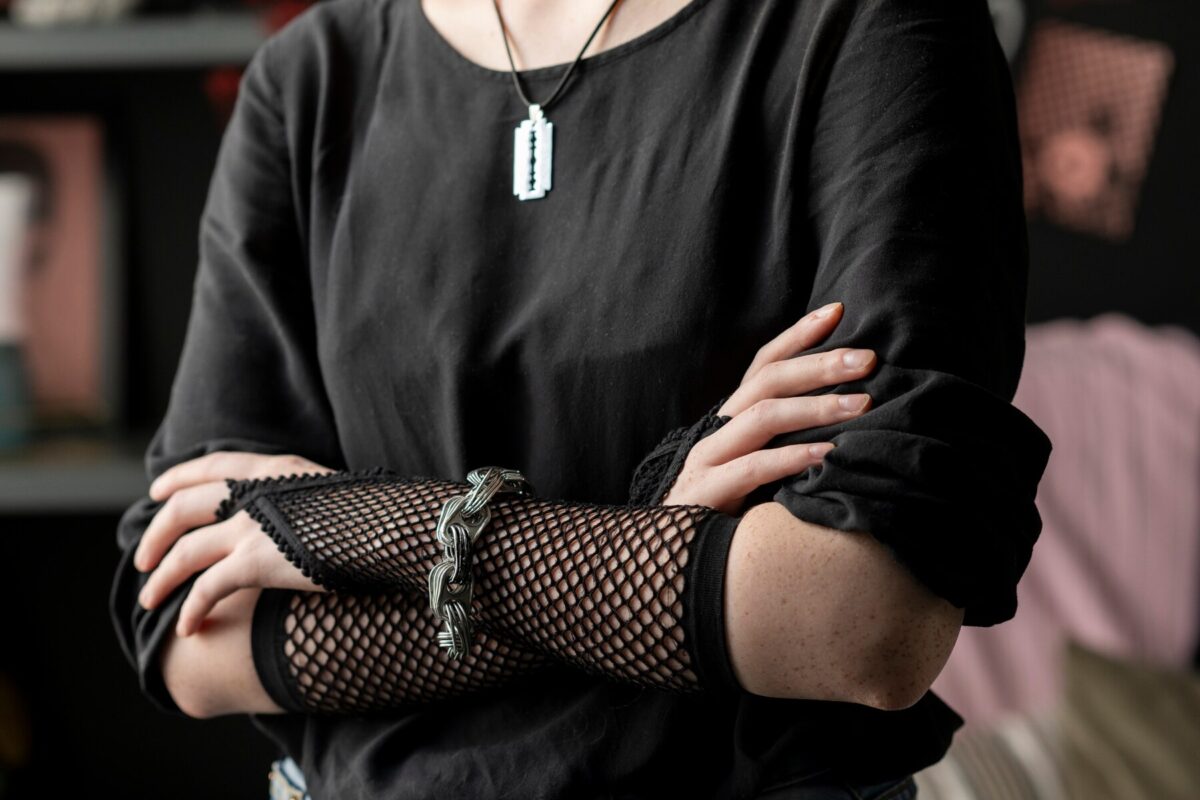Hava (name changed) is a 28-year-old woman from Azerbaijan who has been trapped in domestic violence for many years. She lived with her husband for six years, of which almost every day was an ordeal for her. He beat her regularly, and the woman endured constant psychological abuse. Despite this, Hava went to shelters twice, but each time she reconciled, trying to keep her family together for the sake of her children.
During these years, the woman repeatedly sought help from the executive authorities, but changes in her life were minimal. After contacting the REActors, a decision was made to contact the executive authorities again, asking them to intervene and help the family.
Despite the seriousness of the situation, the response of the authorities was alarming. Representatives of the executive authorities came to the institution to remove Hawa’s children. However, when the REActors asked for documents to support the need to remove the children, they were unable to provide any information that could justify their actions.
The situation became even more tense when Hava was discharged from the hospital after another outbreak of violence. Executive officials insisted that the children be hospitalized to check their health. At this point, despite the pressure, REActors were able to defend the mother’s rights and prevented the children from being taken away without proper documentation.
Also read:
Refusal not according to the law: fighting discrimination in the kindergarten of Uzbekistan
From punishment to support: how HIV jurisprudence is changing in Tajikistan








